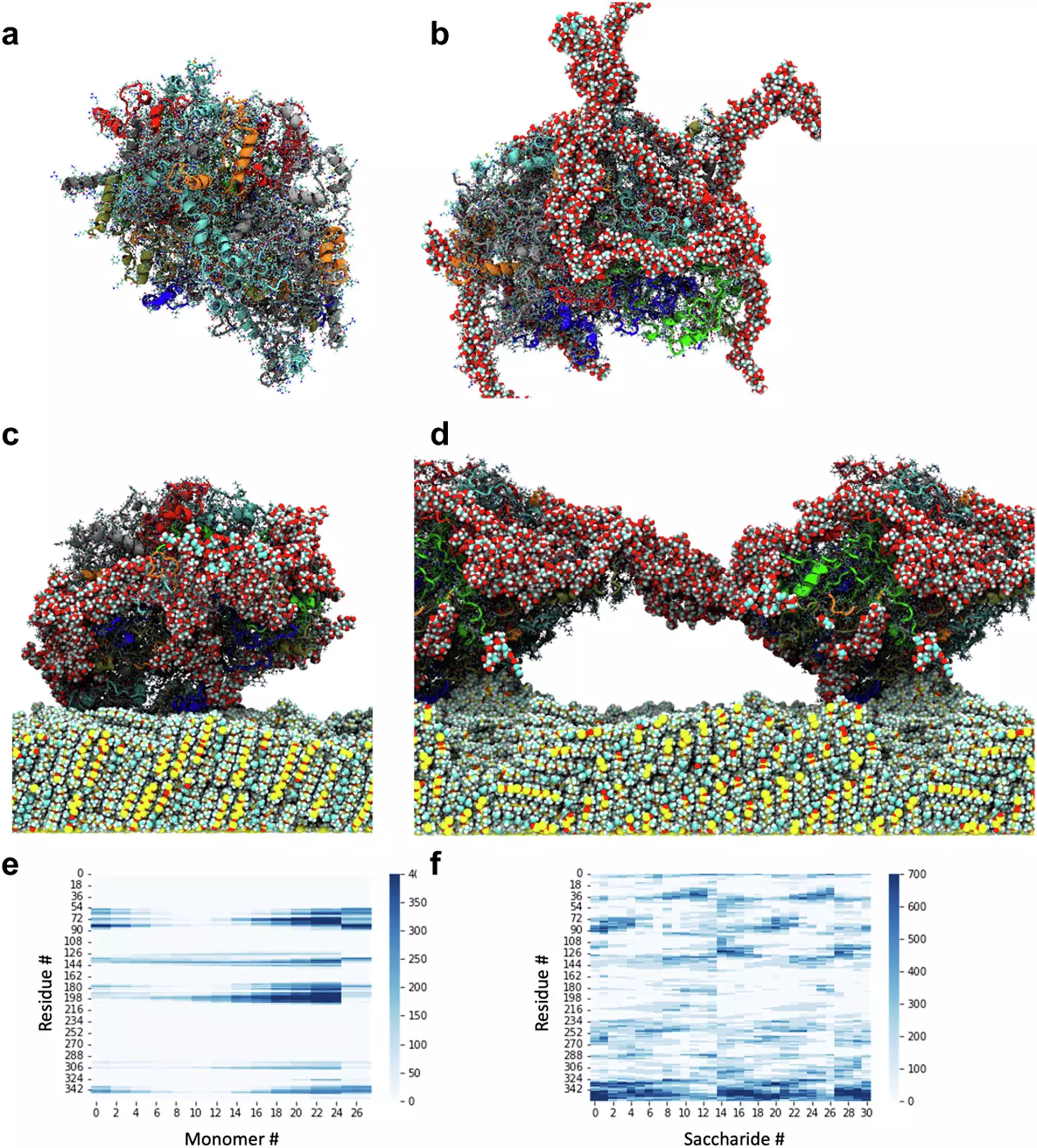In a world increasingly focused on sustainability, researchers at the University of Leeds have made a significant breakthrough in the development of a revolutionary, plant-based lubricant derived from potato proteins. This innovative oil-free super-lubricant promises to redefine the paradigm of lubrication in both engineering and biomedical fields, presenting a more sustainable and environmentally friendly alternative. By mimicking biochemical processes, akin to those observed in human joints, this aqueous solution can significantly reduce friction, achieving what is known as “super lubricity.”
The groundbreaking research led by Professor Anwesha Sarkar illustrates a remarkable shift in how lubricants can be engineered. Traditional lubricants are often reliant on synthetic materials, which not only contribute to environmental degradation but also come with a substantial carbon footprint. The interdisciplinary team, collaborating with prestigious institutions such as Kings College London and the Weizmann Institute of Science in Israel, has ingeniously turned to potato protein. By utilizing this naturally sourced material as a building block, the team has crafted a lubricant that is both efficient and eco-friendly. The findings have been documented in the journal *Communications Materials*, underlining the importance of collaboration across various scientific disciplines.
Potato protein represents an ideal choice due to its availability as a by-product of the food industry, which inherently reduces waste. Not only does this choice leverage an agricultural surplus, but it also results in a product that is markedly lower in harmful emissions compared to lubricants derived from conventional synthetic sources. The exploration of potato protein as a sustainable alternative emphasizes the shift towards using biopolymers and reduces reliance on petrochemicals, aligning with global sustainability goals.
The potential applications for this innovative lubricant are vast. Professor Sarkar and her team noted that it could revolutionize biomedical applications, serving as an artificial synovial fluid for joint lubrication, and even mimic bodily fluids such as tears and saliva. This could drastically enhance the quality of life for individuals with mobility issues or dry eye conditions. Further applications may extend into the food industry, potentially enabling the development of low-calorie options that don’t sacrifice texture or flavor. This flexibility showcases the versatility of the lubricant, catering to a myriad of industries.
What makes this research particularly noteworthy is the collaborative nature of the project. By uniting experts from diverse fields—food science, molecular dynamics, and materials science—the research team effectively bridged the gap between theoretical knowledge and practical application. The advanced techniques available at the Weizmann Institute allowed for an in-depth examination of the lubricant’s properties, marking a critical juncture in its development. The synergy of ideas and methodologies not only enriched the scientific findings but also underscored the value of interdisciplinary work in tackling complex challenges.
The road ahead for this super-lubricant is filled with exciting potential. Professor Chris Lorenz highlighted the capability to understand the molecular interactions that drive the lubricant’s unique properties. This foundational knowledge may allow for the rational design of self-assembling natural materials that optimize lubrication across various applications. By refining these methods, researchers could expand the versatility of plant-based lubricants significantly.
Moreover, this innovation could pave the way for future research into various plant proteins, potentially identifying other sources that can achieve similar lubrication effects. As the emphasis on sustainable technologies intensifies, such breakthroughs will be instrumental in developing products that not only meet functional requirements but also adhere to environmentally friendly practices.
The development of an oil-free lubricant from potato proteins signals a pivotal transformation in the engineering and biomedical fields. With the dual benefits of enhanced performance and reduced environmental impact, this pioneering research leads the charge towards sustainable engineering solutions. The collaborative effort among interdisciplinary teams not only highlights a significant scientific achievement but also reinforces the concept that the future of innovation lies in the integration of diverse expertise and a commitment to ecological responsibility. The path forward is promising and suggests that sustainability is not just a goal but a viable avenue for scientific progress.


Leave a Reply